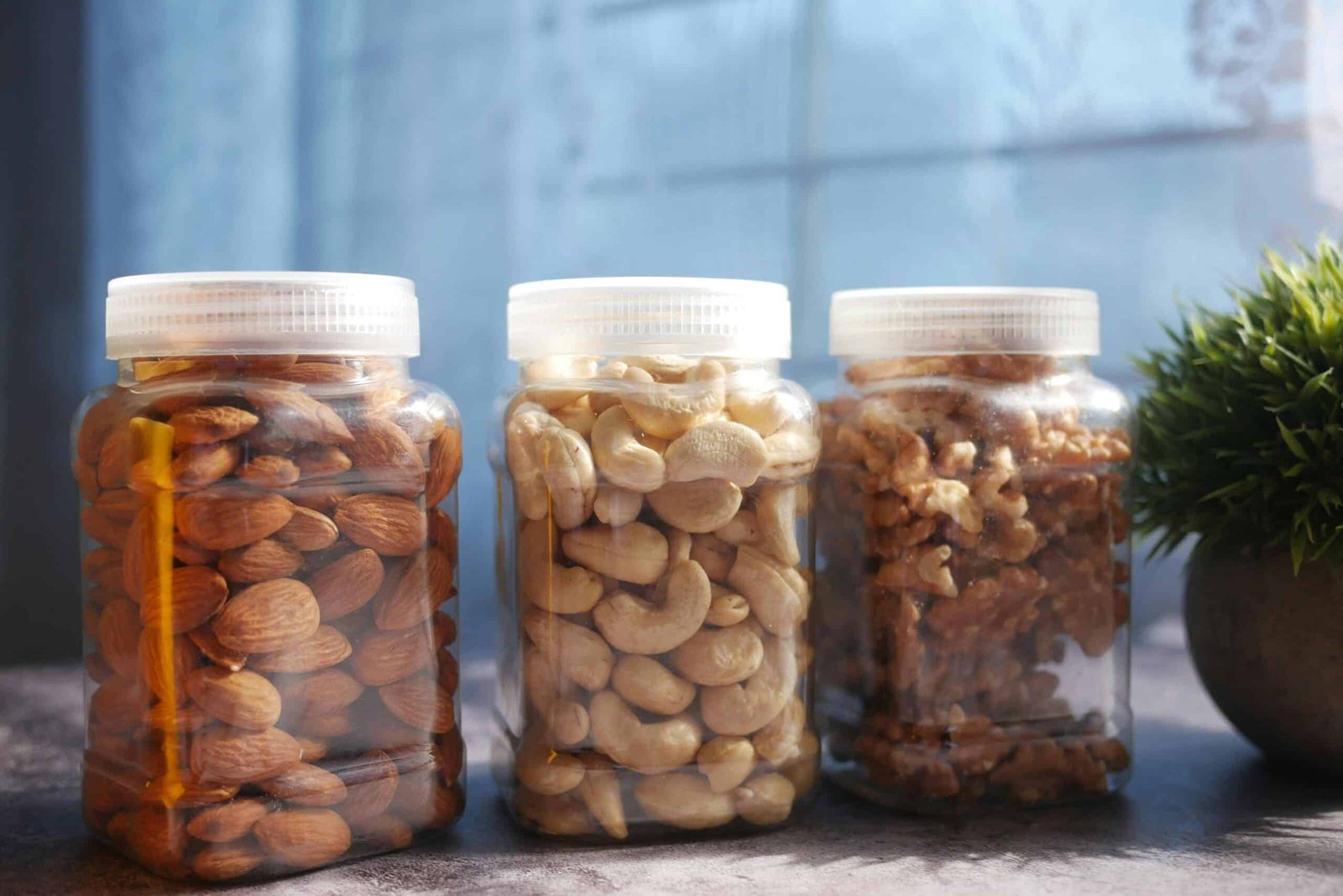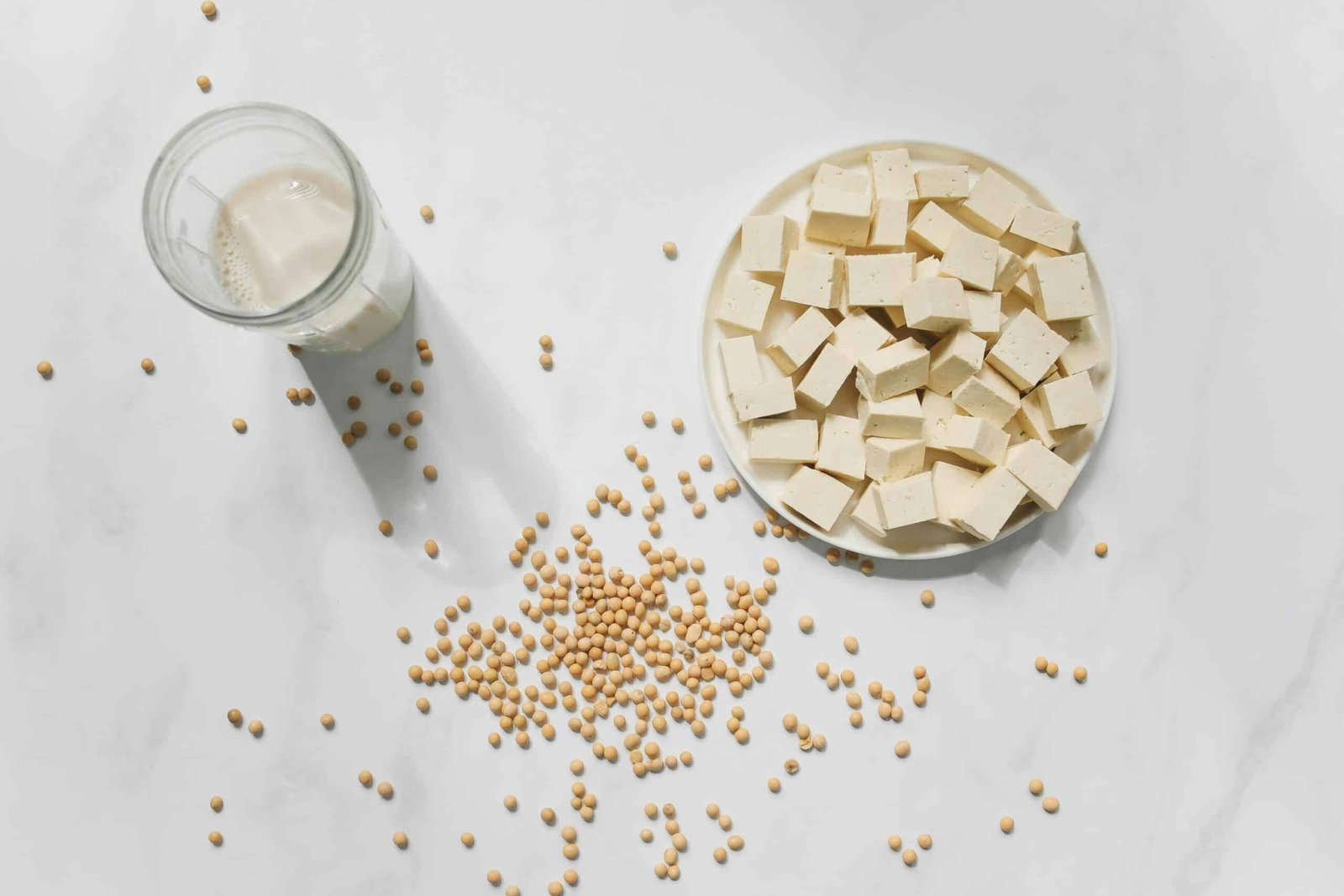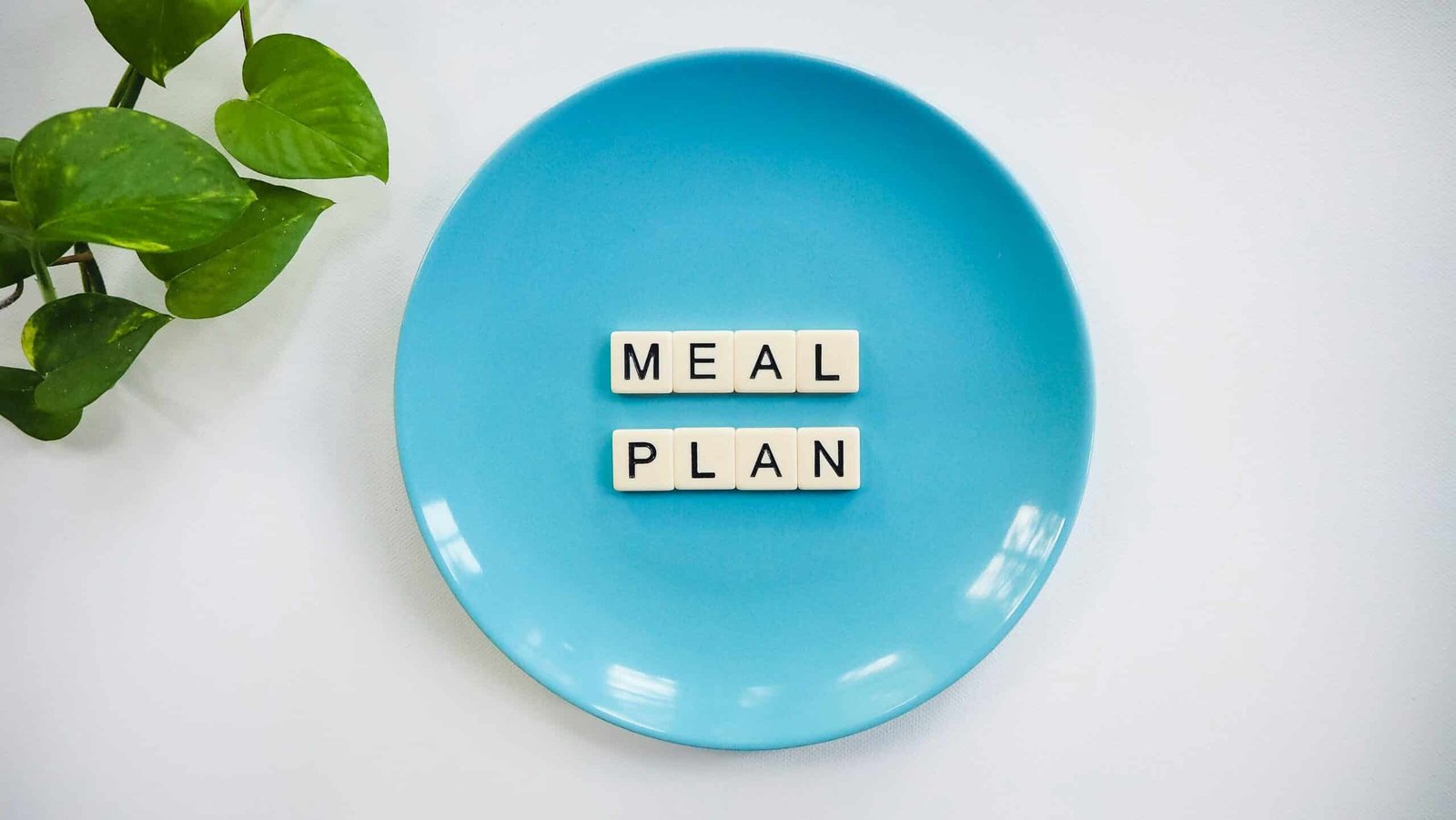Menopause is a natural stage in every woman’s life, usually starting from late 40s to early 50s signifying the end of her reproductive years. As this shift takes place, hormonal imbalances — predominately a loss of estrogen — can cause everything from hot flashes and mood swings to increased fat-storage in the mid-section. Menopause is certainly a part of the natural stages of life that we experience as women, however how great would it be to relieve some symptoms through our dietary choices? Today, we dig deeper into the what and why of menopause nutrition — including both goods and bads.
Disclosure: This post may contain affiliate links and I may receive a small commission if you purchase through them. There is no additional charge to you.
What to eat during Menopause
1. Whole Foods:
You should be eating a predominantly plant-based diet with plenty of whole foods, low GI fruits (berries), vegetables, salads and nuts. These foods are loaded with the essential nutrients, vitamins, and antioxidants that assist in your journey to live healthier during menopause.
2. Calcium-Rich Foods:

As estrogen levels drop, a woman’s risk for developing osteoporosis increases during and after menopause. Consuming foods that are rich in calcium such as dairy products, green leafy vegetables fortified with plant-based milk and nuts also promotes bone health by reducing the risk of fractures.
3. Omega-3 Fatty Acids:
Omega-3s (found in fatty fish such as salmon, trout and mackerel; flaxseeds; chia seeds) have anti-inflammatory effects, which could help with joint pain or mood swings during the menopausal transition. Include omega-3 fatty acid-rich foods in your diet regularly. There are also oral Omega-3 supplements you can drink daily to replace your omega-3.
4. Phytoestrogenic Foods:

Consequently, a lot of those fake estrogens are eaten as food additives directly in the diet and present naturally (phytoestrogen) by plants. Phytoestrogens (like estrogen plants) and include foods like soybeans, tofu, flaxseeds and sesame seeds could be reducing symptoms linked to menopause including hot flashes/ night sweats.
5. Fiber:
Fiber-rich foods can contribute to normal bowel movements, support regularity of digestion and prevent constipation. This provides benefits for managing weight gain during menopause. Add more fiber to your diet by incorporating foods high in fruits, vegetables, whole grains with legumes and beans etc.
6. Probiotic-Rich Foods:
Probiotics– which are good bacteria that help keep your gut healthy – can assist with some of the digestive issues such as bloating and irregular bowel movements that many women going through menopause face. Add more probiotic foods, such as yogurt and kefir sauerkraut kimchi to your diet.
7. Hydrating Foods:
During menopause, your body goes through hormonal changes that can make you more vulnerable to dehydration. Water-rich fruits and vegetables like cucumbers, watermelon, strawberries or spinach are great for hydration.
8. Herbal Teas:
Some herbal teas, such as chamomile, peppermint and black cohosh have been used historically for the symptoms of menopause like hot flashes at night, sweats and mood changes. For Deep Comfort: Make a cup or two of herbal tea your new nightly ritual.
The following were some herbal teas that I really enjoyed:
What to Avoid Eating Menopause:
1. Processed Foods:
Avoid or limit your consumption of processed foods and sweets, refined grains (such as white bread and pasta), unhealthy fats (from fried foods and spreads),and added sugars – as they can increase weight gain/make menopausal symptoms worse.
2. Excessive Caffeine:
Moderate consumption of caffeine is seldom going to cause any major harm but excess intake can further worsen up symptoms a woman may already be facing in her menopausal condition such as hot flashes, insomnia and anxiety. Avoid coffee, tea and soda as much as possible, particularly in the evening after your dinner.
3. High-Sodium Foods:
High sodium intake can cause you to retain water, resulting in bloating and adding insult-to-injury with menopausal symptoms such as breast tenderness. Cut back on high-sodium foods, such as processed meats (ham and bacon), canned soups, salty snacks or convenience food
4. Alcohol:
Alcohol can disrupt hormone levels, interfere with sleep and cause menopausal symptoms to worsen like hot flushes/flashes or night sweats. If you do continue to drink limit yourself and better yet, opt out of the drinking altogether and find a more healthier option such as sparkling water with lemons or herbal tea
5. Trans Fats:
Foods high in trans fats such as partially hydrogenated oils (often found in processed and fried foods) can increase inflammation, elevate cholesterol levels, raising the risk of heart-disease along with exacerbating symptoms at menopause. Choose good fats like olive oil, avocados and nuts over bad trans-fats in food.
6. Spicy Foods:
Spicy foods are tasty but for many women going through menopause, the hot flushes and night sweats can be the direct result of having a spicy meal. If spicy foods bother you, notice higher symptoms with or after eating these options- limit your intake of them and consider milder choices.
7. Excessive Sugars:
High blood sugar levels could also lead to energy swings, episodes of lethargy and ultimately weight gain — all symptoms that can make menopausal issues even worse while simultaneously increasing a woman’s risk for these serious diseases. Cut down on sugar found in foods and drinks; use natural sweeteners such as honey or maple syrup responsibly.
8. Large Meals Before Bed:
Consuming big meals closer to bedtime, particularly those with high flavor profiles or fat content such as Mexican and spicy dishes can be difficult for the digestive system to process when at rest (as we mentioned earlier), thus compromising sleep quality leading to symptoms like heartburn/acid reflux or even night sweats. Try to have your dinner at least two or three hours before bed to avoid digestion problems.
As a result, consuming healthy foods during menopause is absolutely essential in ensuring the proper management of symptoms and overall health to make this natural phase of life as smooth an experience. A well-crafted diet provides excellent insurance that will allow women to face this new chapter fueled with vitality. Listen to your body, keep trying new foods and speak with a healthcare provider or registered dietitian for individualized care through menopause. A combination of the right dietary support and lifestyle choices allow women to blossom during menopause, gently flowing through this next chapter with ease.









